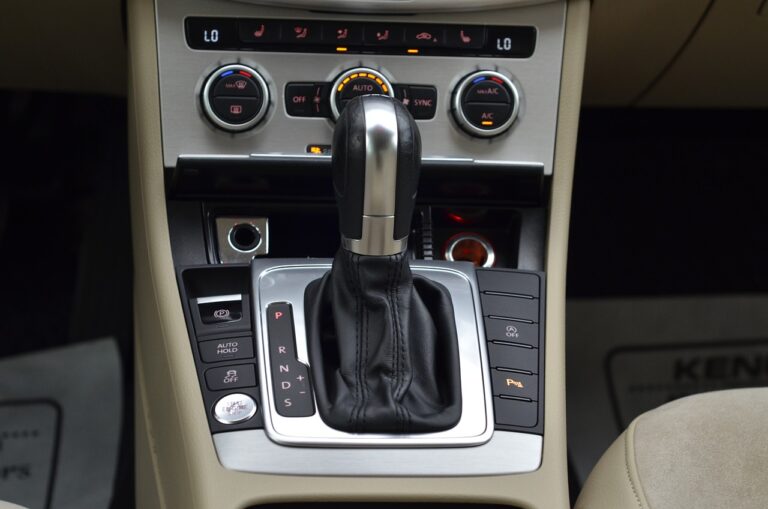Exploring the Role of Artificial Intelligence in Automotive Safety Innovations
betbhai, cricket99 exchange, diamondexch9.con: Artificial intelligence (AI) has been a game-changer in many industries, and the automotive sector is no exception. The role of AI in automotive safety innovations is becoming increasingly vital as technology continues to advance. In this article, we will explore how AI is transforming the way we approach safety in vehicles.
The Potential of AI in Automotive Safety
Artificial intelligence has the potential to revolutionize automotive safety in numerous ways. From advanced driver assistance systems (ADAS) to autonomous vehicles, AI is at the forefront of innovation in the automotive industry.
One of the key areas where AI is making a significant impact is in the development of ADAS. These systems use AI algorithms to analyze data from various sensors and cameras to help drivers avoid accidents. Features such as lane departure warning, adaptive cruise control, and automatic emergency braking are all made possible by AI technology.
Another area where AI is playing a crucial role in automotive safety is in the development of autonomous vehicles. These self-driving cars rely on AI to make split-second decisions based on real-time data from sensors, cameras, and radar systems. By continuously analyzing the environment around the vehicle, AI enables autonomous vehicles to navigate safely and efficiently.
The Role of AI in Preventing Accidents
One of the primary goals of AI in automotive safety innovations is to prevent accidents before they happen. By analyzing data in real-time and predicting potential risks, AI can help drivers avoid dangerous situations on the road.
For example, AI-powered systems can detect erratic driving behavior, such as swerving or sudden braking, and alert the driver to take action. This early warning system can help prevent accidents caused by driver distraction or fatigue.
Furthermore, AI can also help improve traffic flow and reduce congestion on the roads. By analyzing traffic patterns and predicting future trends, AI can optimize traffic signals and reroute vehicles to minimize delays and prevent accidents.
The Importance of Data in AI-driven Safety Innovations
Data is at the heart of AI-driven safety innovations in the automotive industry. The more data AI systems have access to, the better they can analyze and predict potential risks on the road.
One of the challenges in collecting and analyzing data for AI systems is ensuring its accuracy and reliability. AI algorithms rely on vast amounts of data to learn and improve over time, so it’s essential to have high-quality data to drive meaningful insights.
Furthermore, data privacy and security are also critical considerations in AI-driven safety innovations. Protecting sensitive information collected by AI systems, such as GPS data and driver behavior, is paramount to ensure the trust and confidence of consumers.
Future Trends in AI-driven Safety Innovations
As technology continues to advance, the future of AI-driven safety innovations in the automotive industry looks promising. From fully autonomous vehicles to advanced driver monitoring systems, AI is set to play an even more significant role in enhancing safety on the roads.
One of the key trends to look out for is the integration of AI with other emerging technologies, such as 5G connectivity and Internet of Things (IoT) devices. By leveraging these technologies, AI can enhance its capabilities and provide even more advanced safety features in vehicles.
Furthermore, AI is also expected to play a crucial role in the development of smart cities and infrastructure. By analyzing data from multiple sources, AI can help optimize traffic flow, reduce emissions, and improve overall road safety in urban areas.
FAQs:
Q: How accurate are AI-powered safety systems in vehicles?
A: AI-powered safety systems in vehicles are highly accurate, thanks to advanced algorithms that can analyze vast amounts of data in real-time. These systems can detect potential risks and alert drivers to take action, helping prevent accidents on the road.
Q: Are autonomous vehicles safe?
A: Autonomous vehicles are designed to be safe, with multiple sensors and cameras that continuously monitor the vehicle’s surroundings. AI algorithms in autonomous vehicles can make split-second decisions to avoid accidents and ensure the safety of passengers and other road users.
Q: How can AI improve traffic flow and reduce congestion?
A: By analyzing data from various sources, such as traffic cameras and sensors, AI can optimize traffic signals, predict traffic patterns, and reroute vehicles to minimize delays and reduce congestion on the roads.
In conclusion, artificial intelligence is transforming automotive safety innovations in unprecedented ways. From advanced driver assistance systems to autonomous vehicles, AI is reshaping the future of safety on the roads. With continued technological advancements and innovation, the role of AI in automotive safety is only set to grow in importance.







